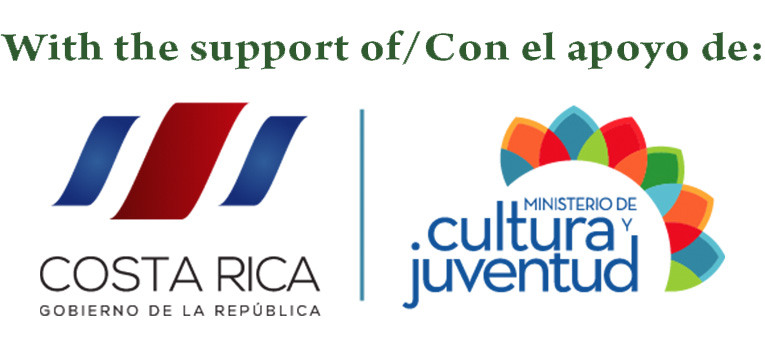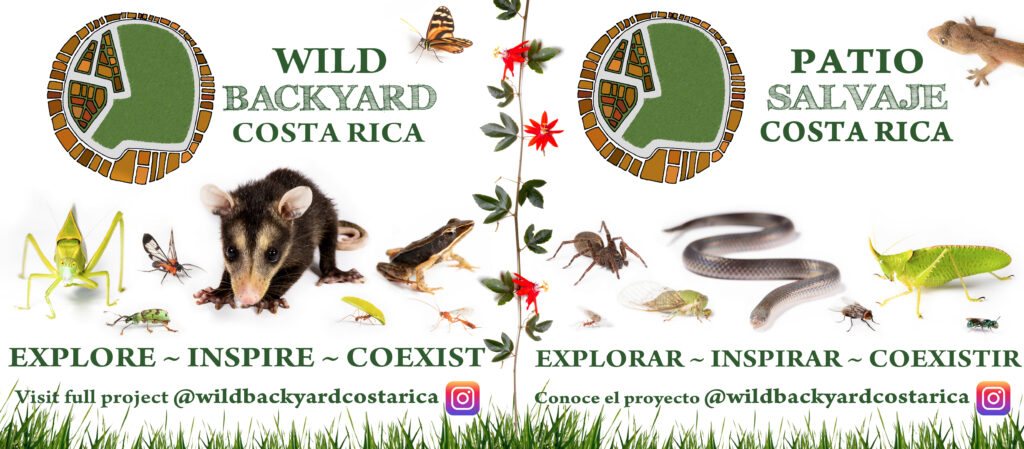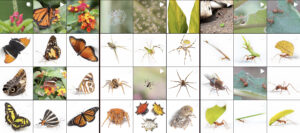@WILDBACKYARDCOSTARICA
Giving a Voice to Our Backyard Neighbors
When quarantine started as a result of COVID-19, like many people I was forced to stop everything and stay at home. My work takes me to some of the wildest most natural places in the world, including many of Costa Rica’s national parks, and being home meant I no longer had the same exposure to all things wild. But as I slowed down I began to observe many living things around my house and garden I had not seen before. Bugs of every shape and size were literally everywhere.
Together with my two small sons, I created a small makeshift “bug studio” in my home office and we began to catch and photograph everything we could. The more we photographed, the more fascinated I become in the subject matter. Each bug has personality. Some are comical, some happy, some fierce.

Using a grant from Costa Rica’s Ministry of Culture and Youth, a project was born to give a voice for something that is misunderstood and help create a cultural shift. The unknown is scary, but people can learn to appreciate and respect what makes them scared through understanding. The project is an opportunity to show people how to help wild creatures flourish. Links are made through captions and photos between certain animal species and the plants they require, and by learning about what wild animals need to survive people can act in a more nurturing way to create suitable habitat in their backyards.
Why the white background? By removing the insects and small animals from their environment and placing them on a white background, people are forced to look at them out of context as works of art. Some bugs look like tractors or spaceships, while others resemble elegant ballet dancers. Some bugs have funny faces or comical eyes or hairy legs that make us smile. By looking at bugs as pieces of art in photos I hope people can learn to see them in a different way and inspire them to appreciate these creatures.
The concept of backyard was vital in this project since everyone has some type of backyard within their living space that they share with small animals. It is what makes the project relatable for all people. Costa Rica is a leader in biodiversity conservation, and while we as a country have done amazing things to create protected areas and national parks for wildlife, we often treat the wildlife around our home very differently. By learning to respect and understand our wild neighbors, I hope to inspire people to treat them with respect and learn to coexist. This is especially important to the majority of the country’s population that lives in urban surroundings.

The platform used to reach my audience is social media. Our lives are surrounded in social media, and virtually everyone no matter the socio-economic status has access and is using social media. I hope that through this project parents and children find something to do together on their phones or computers. Social media has caused people in society to become very socially distant at times, but I hope this project brings people together in a fun, interesting, and new way.




